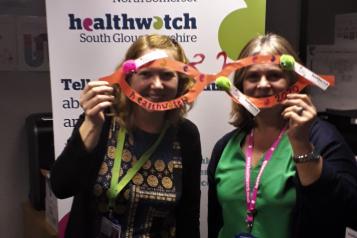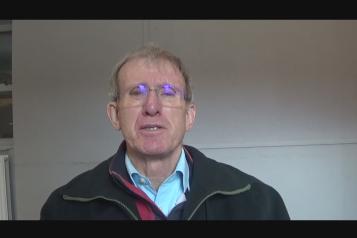NHS patient data sharing scheme explained
The date for the collection of GP data has been moved from July 1 to September 1. The NHS says it is a mission to help more people feel reassured about the scheme. The intention is to use anonymised patient info to understand and develop cures for serious illnesses, such as heart disease, diabetes, and cancer.
Replacing the previous 10-year-old data collection system, the NHS says, will allow better use of data that will benefit millions of people right across the country – improving people’s care and health.
But it is important patients who would rather opt out of sharing their data for planning and research purposes still have the right to do so through the National Data Opt Out and this delay will allow them more time to make this decision. More details on how data will be used and opting out here
What exactly is happening with your health records?
Under the system entire GP records will not be collected. All the data which is collected is protected - or pseudonymised - before it leaves the GP surgery to ensure patients cannot be directly identified from the data while still enabling it to be safely linked to other records.
Data can only be accessed by organisations which will legitimately use the data for healthcare planning and research purposes, and they will only get the specific data that is required. All requests are subject to independent oversight and scrutiny, and audits are conducted to ensure it is being used for the purpose it was requested for.
The new programme for collecting data has been developed in collaboration with doctors, patients, and experts in data, privacy and ethics. Throughout this process NHS Digital has committed to being transparent with patients and the public about the collection and use of data.
It has consulted throughout with the representatives of the GP profession, the BMA and the Royal College of General Practitioners, (RCGP) and listened to their concerns, sharing their desire to ensure the public and patients are able to make an informed decision about how their data is used.
Data saves lives and has huge potential to rapidly improve care and outcomes, as the response to the COVID-19 pandemic has shown. The vaccine rollout could not have been delivered without effective use of data to ensure it reached the whole population. We are absolutely determined to take people with us on this mission. We take our responsibility to safeguard the data we hold incredibly seriously. We intend to use the next two months to speak with patients, doctors, health charities and others to strengthen the plan even further
How data can be used
Oxford University RECOVERY Trial - Data from General Practices was crucial in identifying which treatments, including dexamethasone, were most effective to improve the outcomes for COVID-19 patients. Dexamethasone treatment reduced deaths by one-third and by April 2021, the drug had saved 22,000 lives in the UK and one million more worldwide.
Development of the Shielded Patient List – Data from multiple sources was combined to rapidly identify those people most likely to be at high risk from COVID-19 to implement protection and shielding measures for those most vulnerable.
Vaccine prioritisation – Data from GPs was used to identify those most at risk from COVID-19 according to JCVI criteria and ensuring they were prioritised for vaccination.

